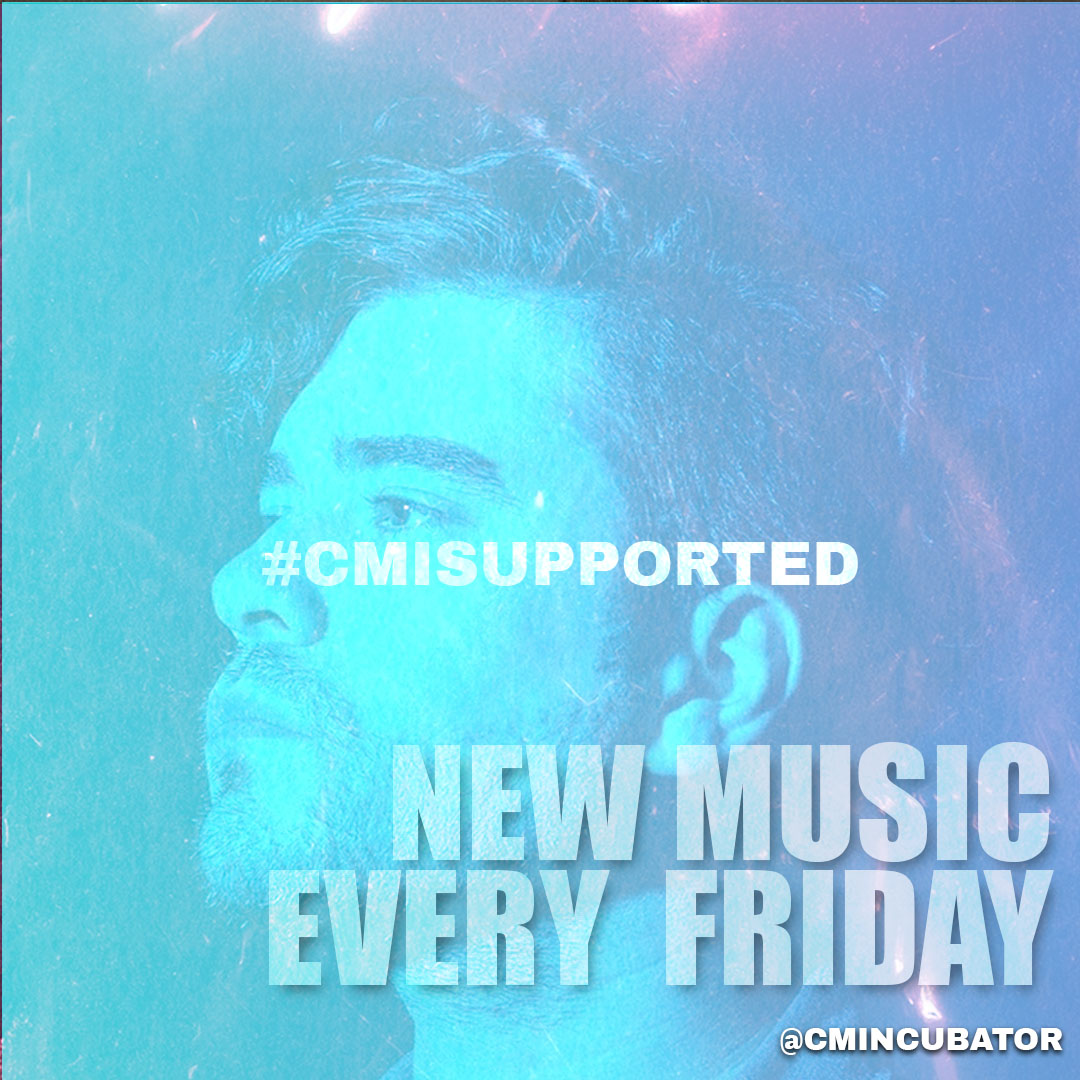
Q&A with Electric Religious
Edmonton musician, Brandon Baker, aka Electric Religious, took some time out from preparing for his upcoming release, Tragic Lover, to talk to via email about what to expect from the album, his broadening sound, and life since CMI’s AE West program (2019).

How did CMI’s AE West program change your outlook as an artist?
The knowledge and experience at AE West were nothing short of life changing. The ongoing support you get is so appreciated and has helped me achieve some recent successes! I received a JSR (Juried Sound Recording) grant from FACTOR, using the skills I learned from the CMI team; my latest single went to #1 on SiriusXM’s Indigenous People’s Radio chart (Ch. 165, which just re-branded to The Indigeverse) and landed a top-10 spot on the Indigenous Music Countdown. If you’re considering taking a program with CMI, do it. Your business will get better!
How have you grown as an artist since your debut album?
I have grown more as a person, and I tried to tackle those changes on this new record and reconcile the current version of myself, with who I was in the past. I also did a lot of work to reclaim my identity as a Metis person. This new album’s central themes are about displacement and never really feeling like you have a “home” even though you might have four walls around you and a roof over your head. When I was on tour last year, one of our tour stops was at Métis Crossing in Smoky Lake, Alberta. The archivists there have done a lot of work to record the history of the Métis people that lived across Alberta and Saskatchewan around the turn of the century the 20th century, and to document their stories of being decimated by the loss of the bison and their traditional ways of living. Although my music isn’t traditional-sounding Indigenous music, I try to communicate my experience of being a modern Indigenous person living between two worlds. I’m interested in the concept of intergenerational trauma, which I have seen play out in my own life and the lives of my family members. You’re born with a wound, and it’s like you unknowingly begin your life in a triage state. People try all sorts of inventive things to stop the bleeding, trying to fill a hole or numb that pain with whatever they have available. It doesn’t always work, so we have a lot of walking wounded. That’s where the album title, Tragic Lover, came from, this feeling of being doomed before you start, born under a bad sign… and yet having this fire inside you that won’t be extinguished.
What can we expect from your upcoming album Tragic Lover?
It’s more of a “guitar album” than my first record. Since Yeah, Yeah, No (2018), I have started to find my voice on the guitar. It’s a conduit I can express feelings and emotions through that I may not be able to express through words. I also wanted to explore longer formats for songs and arrangements, so there are a few longer pieces on the record that really take you on a journey. Like Yeah, Yeah, No, this album weaves its way through some different genres. I can’t seem to write just rock, or just blues, or just pop, and I like it that way.
The first single “One More Night” has a darker vibe than your previous singles, where did that come from?
The underlying theme is that people are fallible. People are impulsive, and they want what makes them feel good, sometimes regardless of consequence. Everyone feels this way at some point in their lives. I wanted to capture that moment of making a decision that maybe won’t work out best for you in the long run, but for one more night, it’s all about you. There is also an aspect of lost love within the lyrics, too. On this track, I try to bring the listener into the headspace of someone who is trying to be a better person, while still feeling the pull of temptation.
Where was the album written and how did that influence the process?
It was mainly written in my basement studio at home, late at night after everyone goes to bed. Usually, it involves me and an acoustic guitar wandering around my studio. I’ll search for an interesting chord progression, and play it over and over, to try and open the portal to a waterfall of song ideas. I’ll start by humming a melody, then I’ll just make random phonetic sounds. If anyone was listening in, they would probably think I’m unwell. Regardless, it helps inform the rhyme scheme, and some words eventually form in certain places. The lyrics must sit in a natural spot, for me. After a bit of that, if it turns into something I want to pursue, I’ll flesh out a demo. If not, I still make a voice memo of it, just in case, because you never know if you’re overlooking an idea when you’re in the moment.
Tell us about the song you’re most excited for people to hear off Tragic Lover.
There is a track on Tragic Lover called, “Hard Skin,” that is different from anything I’ve written before. I got the idea for the song from watching the episode on REM’s “Losing My Religion” from Song Exploder on Netflix. In that episode, Michael Stipe says that “Losing My Religion” is about a character calling out to someone, and we don’t know if that someone even knows they exist. And I thought about times in my life where I’ve had friends that I’ve cared deeply about but wasn’t sure if it was a friendship or something more that’s developing, and I was embarrassed or scared to say something, because they may not feel the same. Well, “Hard Skin” is about that moment where you finally speak up, but it doesn’t go the way you planned.



